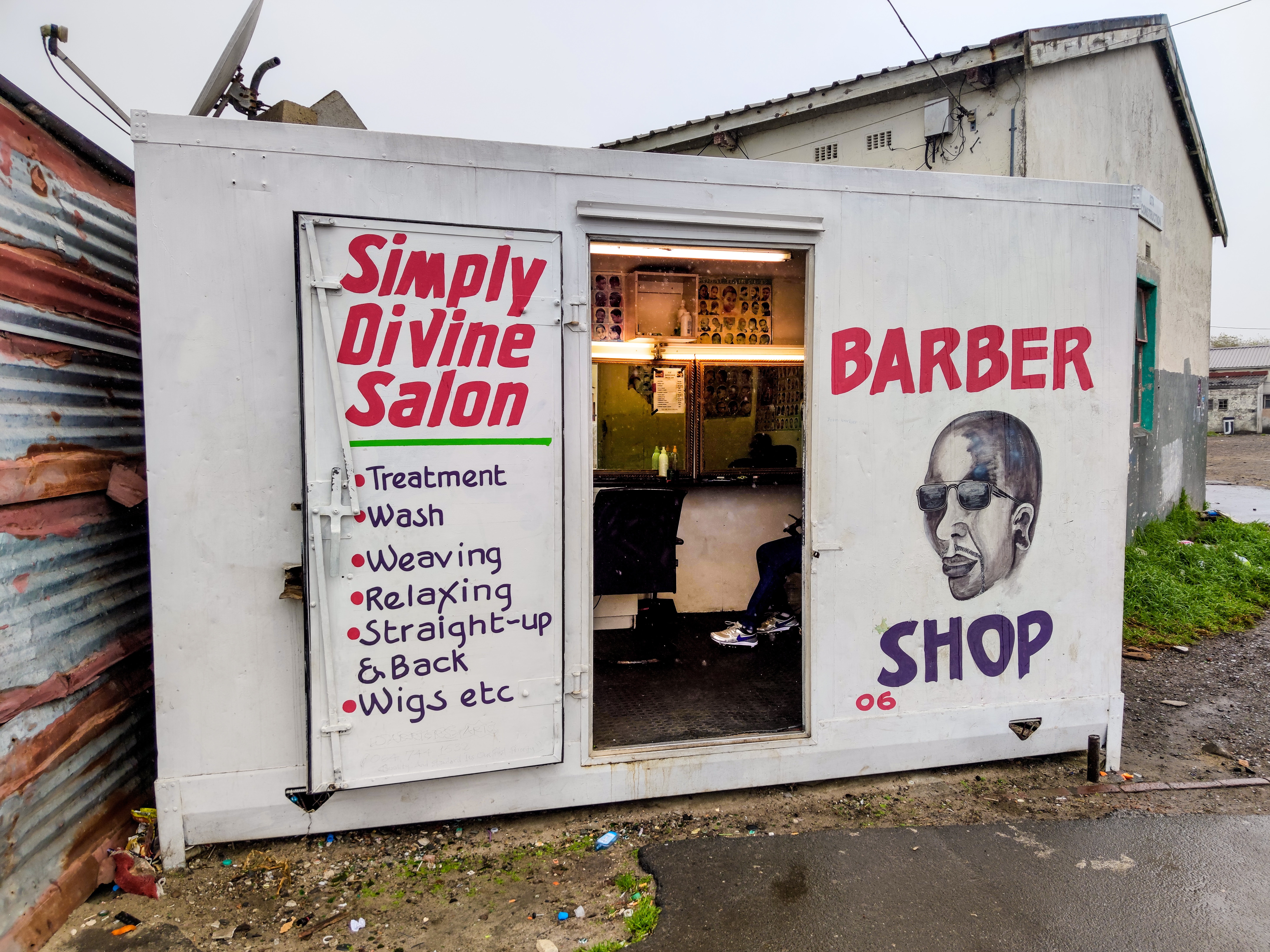
South Africa’s township economy is of interest to government, policymakers, and the private sector by virtue of its market size, diversity, and impact on neighbouring cities and the country. It has the potential to make a significant contribution to poverty alleviation, job creation, economic growth, and social stability.
In spite of its potential, the township economy has not been fully realised due to existing barriers. Among these is that, by design, South African townships remain spatially disconnected and alienated from mainstream economic activity. This makes it difficult for employees, business owners, and consumers to tap into the infrastructure, resources, and incentives available to the economies in urban centres.
Secondly, most township businesses are survivalist by nature, with many entrepreneurs having little or no understanding of the costs, processes, markets, or funding requirements to grow and sustain their businesses. In addition, there is a lack of proper financial records, technology, and systems necessary to handle growth or deal with associated risks. According to research from South Africa's Human Sciences Research Council in 2019, most township businesses remain small-scale and essentially survivalist in character, have low productivity, and tend to circulate local resources rather than produce tradable goods and services that serve wider markets, create decent jobs, and generate higher incomes.
Of course, township businesses also face similar challenges to many South African small and medium enterprises, like lack of management skills, inability to access finance and obtain credit, limited access to markets, low government support, and lack of appropriate technology.
In parts of the country, government is introducing a number of policy regulations in an effort to transform the township economy and bridge the gap between the township economy and mainstream economic activity. It is hoped these regulations will help unlock the untapped potential and set township enterprises on a growth path, and help diversify the township economy. According to a 2016 report from the Sustainable Livelihoods Foundation, the dominant activity in the townships is informal retail trades, which includes street traders, hair salons, spaza shops,1 and shebeens.2 The key drivers for this business activity, according to the report, is low barrier to entry and low startup costs, with a strong demand for convenience. Therefore, it can be argued that regulation will introduce barriers to entry and add to the startup costs of doing business in the township. This might discourage many of the township entrepreneurs from opening their businesses or encourage illicit trade.
On the other hand, it can be argued that some form of regulation will propel growth for many township businesses as it will introduce them to formal business practices and systems that would modernise their operations. A study from the World Bank on the economics of South African townships found that failure to modernise the township economy would make this an era of lost opportunities, not only for the townships but for the entire nation. The report argues that regulation will help unlock the funding, training, mentorship, market access, and business systems necessary to handle growth. Government policymakers believe that regulation is the key to unlock the potential of the township economy in order to generate broader economic benefits.
Contrary views, however, suggest that regulation will hamper growth and discourage many potential entrepreneurs from starting up their businesses. Onerous regulations may achieve the opposite of their intended objectives, as they may prove to be a mountain too high for many township entrepreneurs to climb. For instance, during the Covid-19 pandemic, in an effort to help the many affected township businesses, government launched the Spaza Shop Support Scheme, which included access to a R3500 working capital cash injection and an additional R3500 in revolving credit. However, to qualify for this scheme, spaza shop owners needed, amongst other things, a valid and original municipal trading licence or permit. Spaza shop owners that were not registered businesses, tax compliant, or paying the Unemployment Insurance Fund (UIF) were required to accept assistance to register for these. Many township business owners were reluctant to register as they viewed this as the government's strategy to compel them to pay tax.
It remains a wicked dilemma then. As much as regulation does have positive benefits for the township economy, there may be unintended negative impacts for township entrepreneurs and businesses. Formalisation may limit the vibrancy of the township businesses and affect the ways they have functioned to date. As such, government needs an innovative and flexible policy regulation approach for the township economy – one that takes into consideration the nature, circumstances, and needs of informal entrepreneurs.
by Luvuyo Mncanca
1 Spaza shops are small, informal local convenience shops that are often operated from residential premises and located mainly in the townships.
2 A shebeen is a drinking establishment (usually in a private home in a township) where liquor is sold or consumed.










